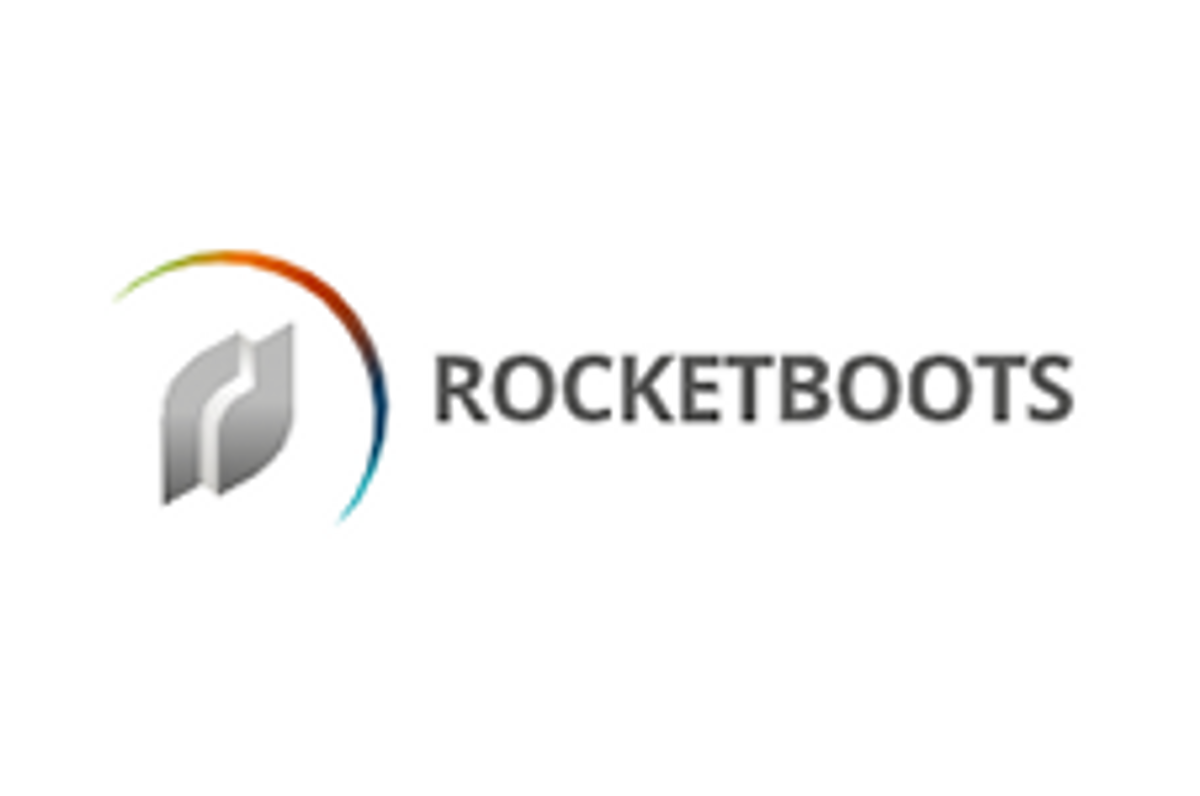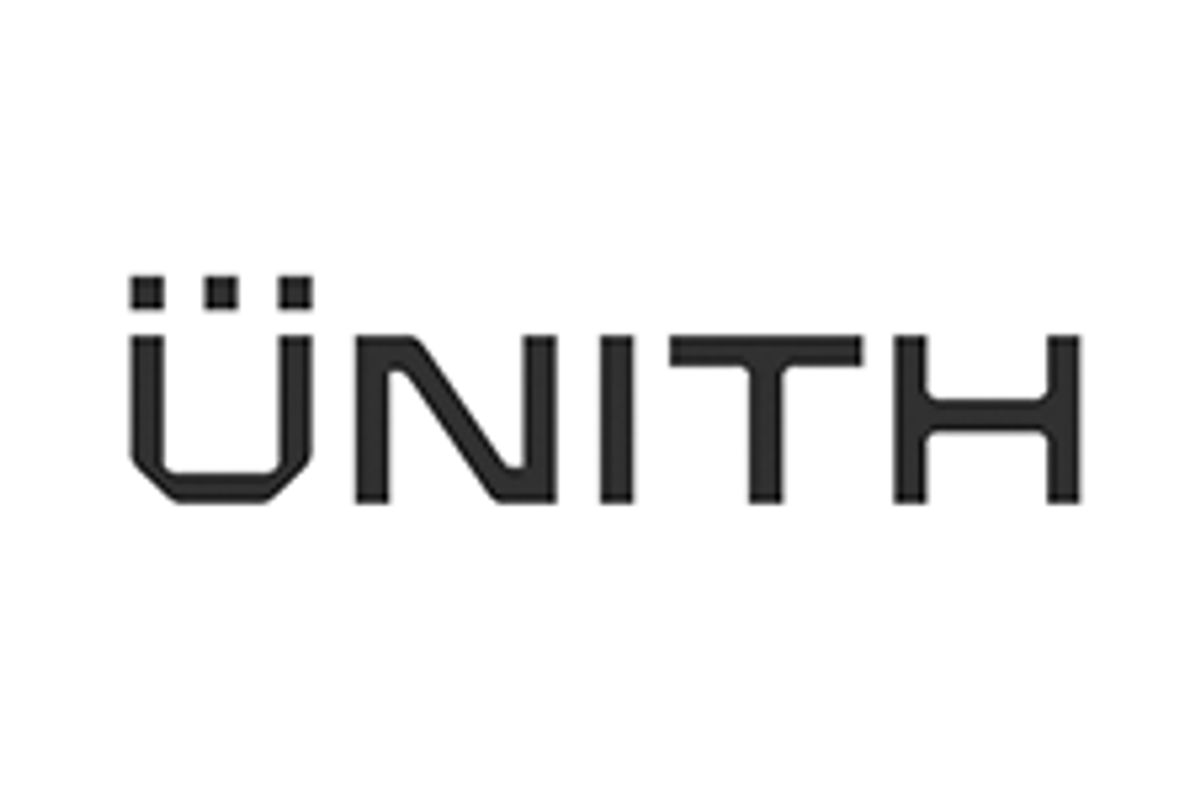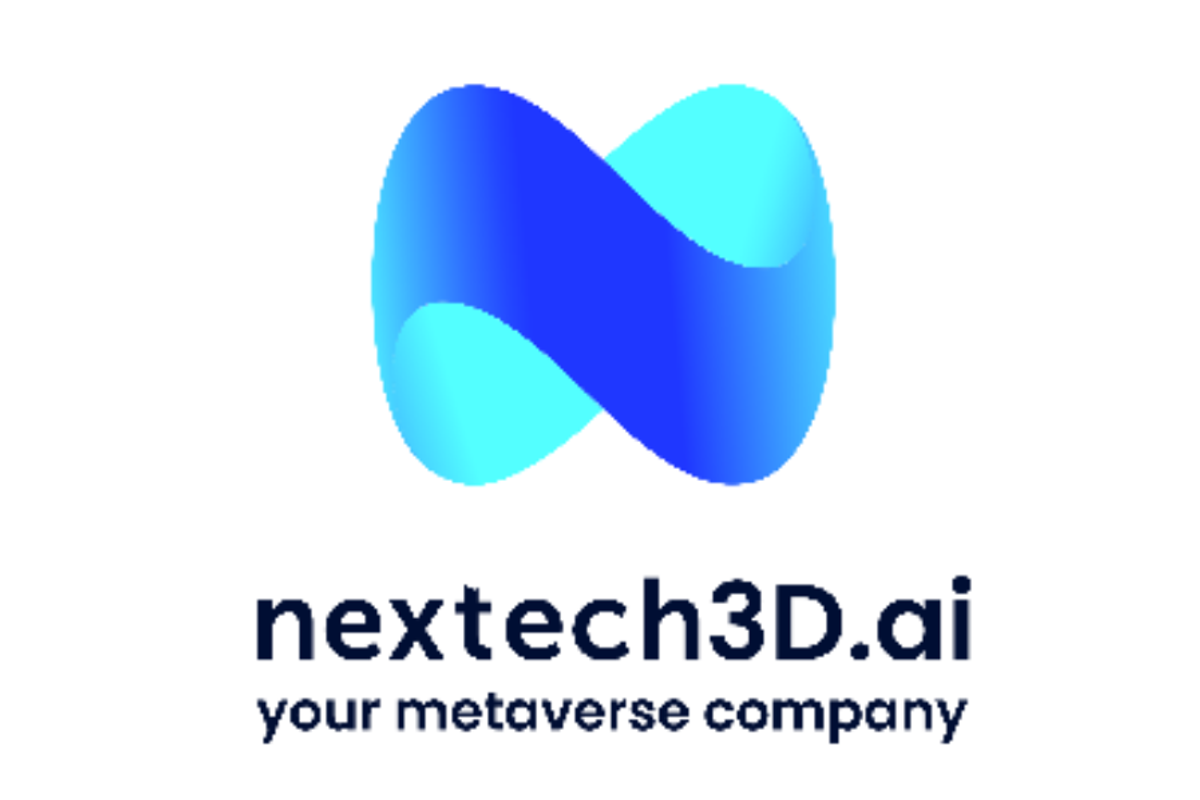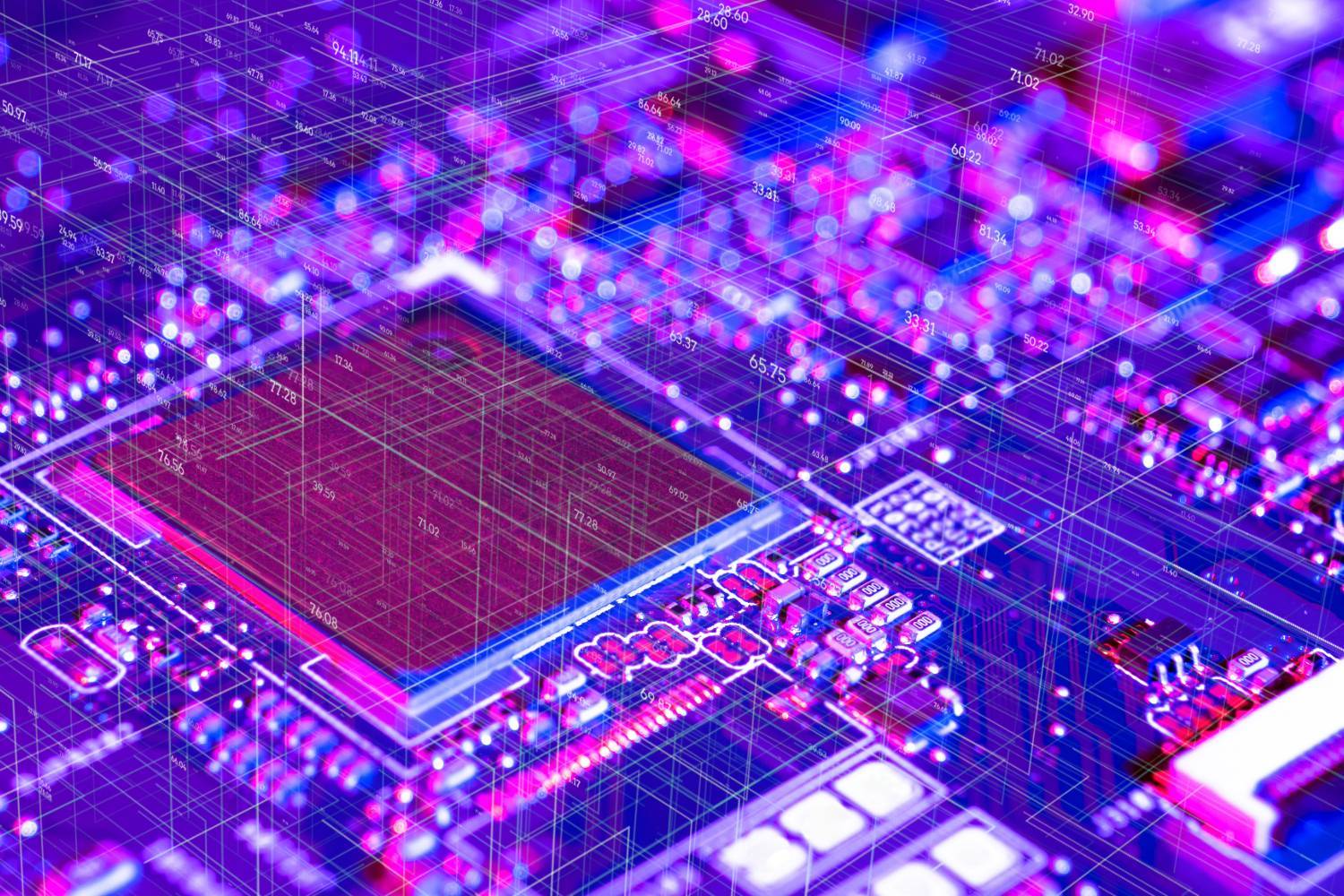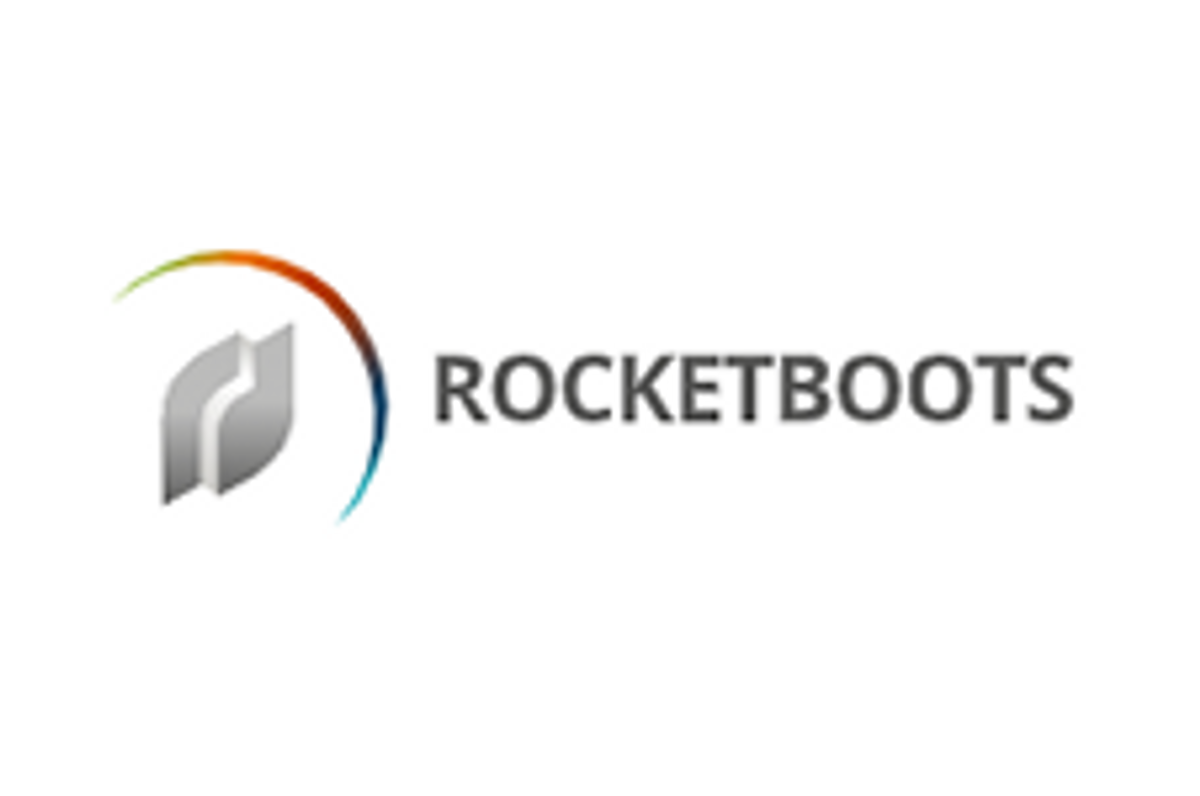
March 18, 2025
RocketBoots (ASX:ROC) presents a compelling high-growth investment opportunity with its AI-driven, scalable SaaS model, targeting a $2.4 billion+ market across retail and banking. Backed by strong enterprise adoption, a robust pipeline of customer sites, and a track record of delivering proven cost-saving solutions, ROC is primed for global expansion and sustained recurring revenue growth.
Since its inception in 2004 as an internet application consultancy, RocketBoots has evolved into a leader in AI-powered software, helping businesses enhance operations and elevate customer experiences. The company delivers proprietary solutions that drive measurable impact. Its technology addresses key business challenges—reducing operational costs, preventing self-checkout losses and staff fraud—while simultaneously improving service quality, increasing sales, and strengthening customer loyalty.
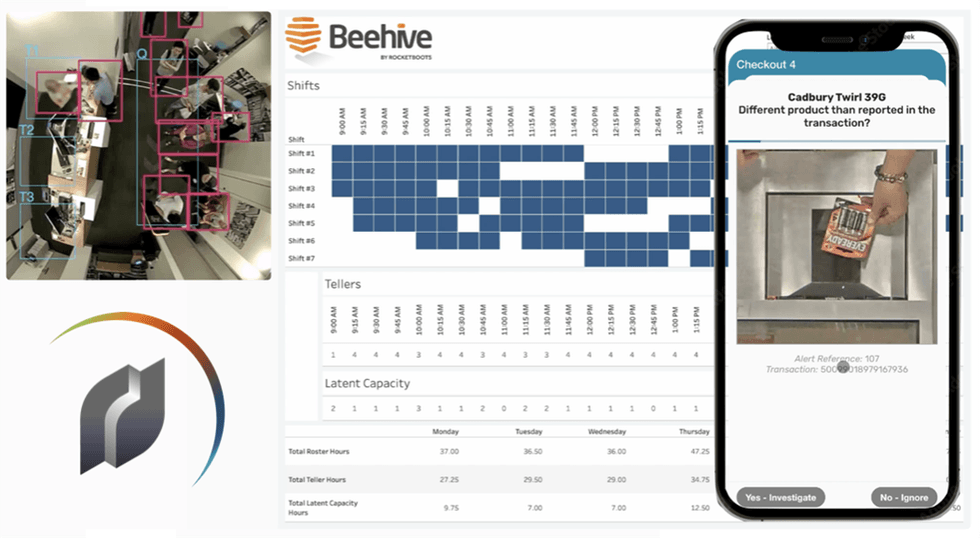
RocketBoots offers a unique, all-in-one software platform for loss prevention, workforce management, and customer experience optimization. Its advanced technology empowers retailers to detect potential theft and identify staff fraud at registers.
Company Highlights
- Mission: RocketBoots empowers global retail and banking giants to slash operating expenses and losses while boosting service, sales and customer loyalty.
- Proven Tech: Validated internationally by top retailers and banks, RocketBoots’ AI-powered software delivers a strong ROI and fuels long-term customer retention. Demand is proven.
- The Advantage: The company’s flagship platform uniquely unifies loss prevention, workforce management, and customer experience — a game-changer for integrated store and branch operations.
- Expert team: Led by seasoned executives and AI specialists, RocketBoots has a strong track record of delivering its cutting-edge computer vision and machine learning software internationally.
- Scale Without Limits: The company’s hybrid cloud/on-prem architecture enables rapid scaling across thousands of locations without massive infrastructure investment or staffing increases.
- Explosive Growth Potential: With a more than 35,000-site global enterprise pipeline and nine international trials already completed or nearing completion (including multinational retailers), RocketBoots is primed for global expansion.
- Massive Market: The more than $2.4 billion addressable market (just retail grocery and branch banking in current territories) is only the beginning. The company is eyeing adjacent sectors, new geographies, and expanding its software portfolio.
This RocketBoots profile is part of a paid investor education campaign.*
Click here to connect with RocketBoots (ASX:ROC) to receive an Investor Presentation
ROC:AU

Sign up to get your FREE
RocketBoots Investor Kit
and hear about exciting investment opportunities.
- Corporate info
- Insights
- Growth strategies
- Upcoming projects
GET YOUR FREE INVESTOR KIT
The Conversation (0)
17 March 2025
RocketBoots
Superpowers for in-person service businesses using AI
Superpowers for in-person service businesses using AI Keep Reading...
29 January
Quarterly Activities/Appendix 4C Cash Flow Report
RocketBoots (ROC:AU) has announced Quarterly Activities/Appendix 4C Cash Flow ReportDownload the PDF here. Keep Reading...
23 December 2025
$7M Placement to Accelerate International Expansion
RocketBoots (ROC:AU) has announced $7M Placement to Accelerate International ExpansionDownload the PDF here. Keep Reading...
21 December 2025
Trading Halt
RocketBoots (ROC:AU) has announced Trading HaltDownload the PDF here. Keep Reading...
17 December 2025
Transformational A$9.1m ARR Global Contract Win
RocketBoots (ROC:AU) has announced Transformational A$9.1m ARR Global Contract WinDownload the PDF here. Keep Reading...
16 December 2025
Trading Halt
RocketBoots (ROC:AU) has announced Trading HaltDownload the PDF here. Keep Reading...
04 February
AI Infrastructure Moving to the Edge to Transform User Experience
While the first phase of the AI gold rush was defined by massive investments in centralized data centers, 2026 is about proving those billions can translate into fast, reliable AI that people will use every day. One Canadian startup, PolarGrid, is betting that the answer lies at the edge rather... Keep Reading...
29 January
Quarterly Activities/Appendix 4C Cash Flow Report
Unith (UNT:AU) has announced Quarterly Activities/Appendix 4C Cash Flow ReportDownload the PDF here. Keep Reading...
20 January
The Performance Chasm: Is the AI Rally Over or Just Shifting Gears?
The investment landscape of 2025 will be remembered for its historic divide, where the widespread boom in artificial intelligence (AI) created a tale of two worlds in the stock market.On one side, the Magnificent 7 and specialized players like Palantir Technologies (NASDAQ:PLTR) drove massive... Keep Reading...
20 January
Nextech3D.ai Scales National Event Infrastructure to 35 Major U.S. Cities; Launches 58 New AI-Ready Experiences to Meet Enterprise Demand
Strategic Integration of Generative AI 'Semantic Memory' via OpenAI and Pinecone Vector Database Supports Rapid Expansion of Corporate Engagement Platforms TORONTO, ON / ACCESS Newswire / January 20, 2026 / Nextech3D.ai (OTCQB:NEXCF)(CSE:NTAR,OTC:NEXCF)(FSE:1SS), a leader in AI-powered event and... Keep Reading...
16 January
Tech Weekly: Chip Stocks Soar on Taiwan Semiconductor Earnings
Welcome to the Investing News Network's weekly brief on tech news and tech stocks driving the market. We also break down next week's catalysts to watch to help you prepare for the week ahead.Don't forget to follow us @INN_Technology for real-time news updates!Securities Disclosure: I, Meagen... Keep Reading...
16 January
Nextech3D.ai Partners with BitPay to Power Crypto and Stablecoin Payments for Events
Company Strengthens Event Tech Infrastructure with Milestone AWS Migration and Enhanced Blockchain CredentialingAWS Cloud Infrastructure OptimizationSmart Contract UniformityFlexible Asset Standards ERC721/ ERC1155 TORONTO, ON AND NEW YORK CITY, NY / ACCESS Newswire / January 16, 2026 /... Keep Reading...
Latest News

Sign up to get your FREE
RocketBoots Investor Kit
and hear about exciting investment opportunities.
- Corporate info
- Insights
- Growth strategies
- Upcoming projects
GET YOUR FREE INVESTOR KIT
Interactive Chart
Latest Press Releases
Related News
TOP STOCKS
American Battery4.030.24
Aion Therapeutic0.10-0.01
Cybin Corp2.140.00
